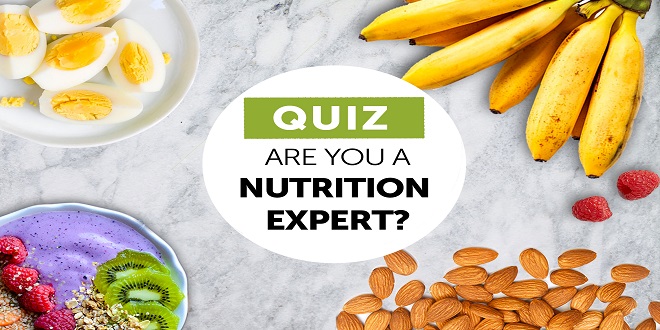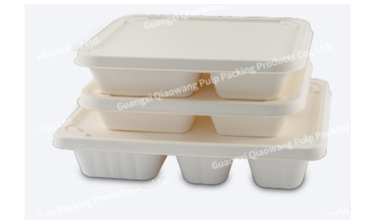
You didn’t think I’d forgotten about the Nutrition IQ Quiz that started Part I, did you? As you’ll see in the following answers, the statements are all false. Read the rest of the book to learn which of your food beliefs and conventional wisdom are true, and which potentially harmful myths are. And, perhaps most important, to finally answer the question, “What the heck should I eat?”
- Oatmeal has been touted as heart-healthy because the bran it contains reduces cholesterol. However, there is often a ton of sugar in an instant or microwavable oatmeal. Don’t believe health claims on the label or endorsements from the American Heart Association. The AHA gets $300,000 when a product’s company puts the AHA’s seal of approval on the label. And oatmeal spikes insulin and blood sugar, which makes you even hungrier.
- After decades of avoiding eggs because we were told that cholesterol caused heart attacks, the 2015 US Dietary Guidelines officially exonerated them, finding no link between dietary cholesterol and heart disease. Now eggs are a portion of healthy food.
- Orange juice is essentially soda with some vitamins. One 12-ounce glass contains about the same amount of sugar as a 12-ounce Coke. Definitely not healthy food. Eat the orange instead.
- Red meat has been vilified for decades as a source of saturated fat and a cause of heart disease. It turns out neither meat nor fat is the enemy; indeed, meat is a great source of protein and key nutrients. We go into great detail about meat and the science.
- We now know the main cause of weight gain. It is insulin, our fat-storage hormone. When you eat a low-fat diet you almost automatically eat a high-carb diet. In a review of fifty-three studies comparing low-fat and high[1]fat diets for weight loss, the high-fat diets won every time. The higher the fat, the lower the carbs, the greater the weight loss. It’s not about the calories themselves, but how those calories affect your metabolism. Fat speeds up your metabolism and burns body fat. Carbs slow it down and promote weight gain.
- . Gluten-free processed foods are definitely not healthy. They contain sugar, other types of high-glycemic flour, thickeners, and more. Gluten-free cakes and cookies are still cakes and cookies. Other gluten-free foods are great —avocados, chicken, broccoli, apples.
- The lie we have all been told is that weight loss is only about calories. Eat less, exercise more. A thousand calories of Pepsi are the same as a thousand calories of almonds. Nonsense. This makes no intuitive sense, and science has proven that calories that spike your blood sugar and insulin (sugar and starch) promote weight gain, while calories that don’t spike blood sugar and insulin—especially fat and vegetables and some protein —actually speed up your metabolism.
- Dairy is nature’s perfect food, but only if you are a calf. It does not promote healthy bones or prevent fractures. It has more than sixty naturally occurring hormones that can cause cancer and weight gain.
- Butter has been on the “don’t eat” list for decades. But now we have found out that margarine and butter substitutes kill tens of thousands of people a year. It turns out saturated fat is not the enemy we all thought it was, and it’s been shown to have no effect on heart disease.
- Other than extra virgin olive oil, vegetable oils (polyunsaturated fats) are a relatively new food. They were invented in the early 1900s, and our consumption has increased a thousandfold since then. Seed, bean, and grain oils (sunflower, soy, corn) are unstable, oxidize easily, and create inflammation. Most of the studies showing that these oils are beneficial include healthy anti-inflammatory omega-3 fats (from fish oil, flaxseeds, and walnuts). When you look at just the omega-6s (from refined vegetable oil), these oils increase the risk of inflammation as well as heart attacks.
Last word
So, what are the big questions of our time surrounding food? Well, first, where has all the real food gone? What exactly has industrial agriculture done to our food supply and how does it affect our health and our environment? How can we be conscious consumers when we hit the grocery stores? What is the difference between grass-fed and organic? Does organic really matter? How can we use food as medicine? And seriously, what the heck should we eat?





